Retrieving Eternal Generation
$34.99
Although the doctrine of eternal generation has been affirmed by theologians of nearly every ecclesiastical tradition since the fourth century, it has fallen on hard times among evangelical theologians since the nineteenth century. The doctrine has been a structural element in two larger doctrinal complexes: Christology and the Trinity. The neglect of the doctrine of eternal generation represents a great loss for constructive evangelical Trinitarian theology.
Retrieving the doctrine of eternal generation for contemporary evangelical theology calls for a multifaceted approach. Retrieving Eternal Generation addresses (1) the hermeneutical logic and biblical bases of the doctrine of eternal generation; (2) key historical figures and moments in the development of the doctrine of eternal generation; and (3) the broad dogmatic significance of the doctrine of eternal generation for theology. The book addresses both the common modern objections to the doctrine of eternal generation and presents the productive import of the doctrine for twenty-first century evangelical theology. Contributors include Michael Allen, Lewis Ayres, D. A. Carson, Oliver Crisp, and more.
in stock within 3-5 days of online purchase
SKU (ISBN): 9780310537878
ISBN10: 0310537878
Editor: Fred Sanders | Editor: Scott Swain
Binding: Trade Paper
Published: November 2017
Publisher: Zondervan
Print On Demand Product
Related products
-
Knowledge Of The Holy
$15.99Informative and inspiring, The Knowledge of the Holy illuminates God’s attributes–from wisdom, to grace, to mercy–and shows through prayerful and discussion, how we can more fully recognize and appreciate each of these divine aspects. This book will be treasured by anyone committed to the Christian faith. It bears eloquent witness to God’s majesty and shows us new ways to experience and understand the wonder and the power of God’s spirit in our daily lives.
Add to cart1 in stock (additional units can be purchased)
-
Hollywood Commandments : A Spiritual Guide To Secular Success
$25.99DeVon Franklin, New York Times bestselling author of The Wait and prominent Hollywood producer, reveals that secular and spiritual success are not opposites. To have one, you need the other.
You can be wildly successful without losing your faith. In fact, your secular success will strengthen your faith if you allow it. Too often we believe that success in secular environments contradicts the core principles of faith, but the opposite is true: Your faith was designed to thrive in the secular world and to transform it as a result. You may never experience the true fulfillment you were created for until you pursue the secular ambitions in your heart.
New York Times bestselling author DeVon Franklin knows this to be true. In The Hollywood Commandments, the prominent Hollywood producer and spiritual success coach reveals 10 life-changing lessons picked-up from his over-twenty-year career in the entertainment business. You won’t learn these lessons in the church yet they will help you achieve an amazing life and thriving career that glorifies God. The Hollywood Commandments will help you:
–Identify how to use what makes you unique to propel your career.
–Overcome fear and build the courage to pursue new opportunities waiting for you.
–Gain the confidence to make important life decisions with greater peace and clarity.
–Negotiate the life and career advancement you deserve.No, you don’t have to work in Hollywood for this book to work for you, these “commandments” apply to every walk of life! If you are stuck, looking for the secrets to advance your career, or have a feeling there’s more to life, this book is for you.
Add to cart1 in stock
-
Problem Of Pain
$17.99For centuries Christians have been tormented by one question above all — If God is good and all-powerful, why does he allow his creatures to suffer pain? C. S. Lewis sets out to disentangle this knotty issue but wisely adds that in the end no intellectual solution can dispense with the necessity for patience and courage.
Add to cartin stock within 3-5 days of online purchase



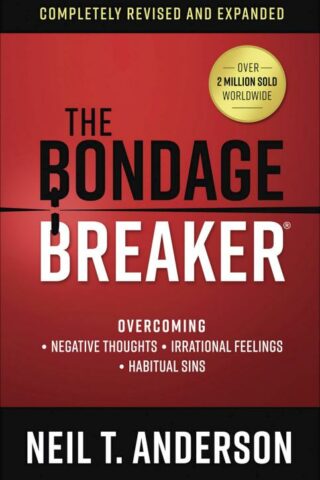


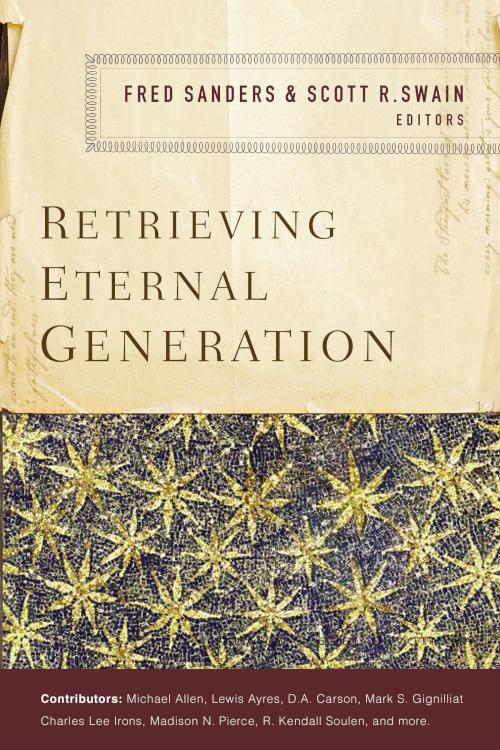



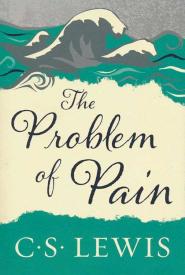

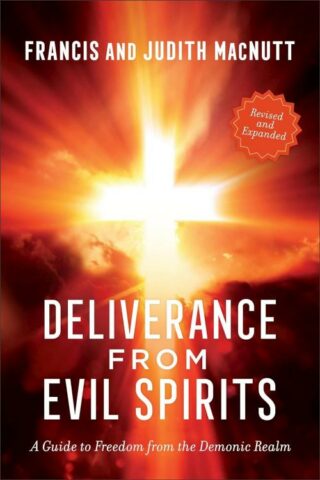
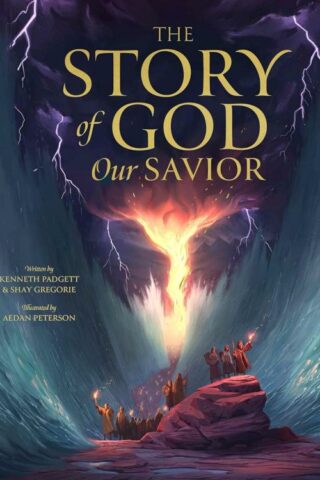

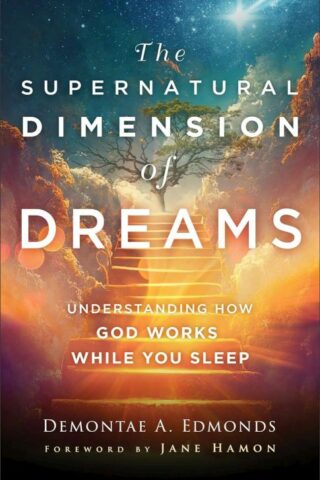
Reviews
There are no reviews yet.